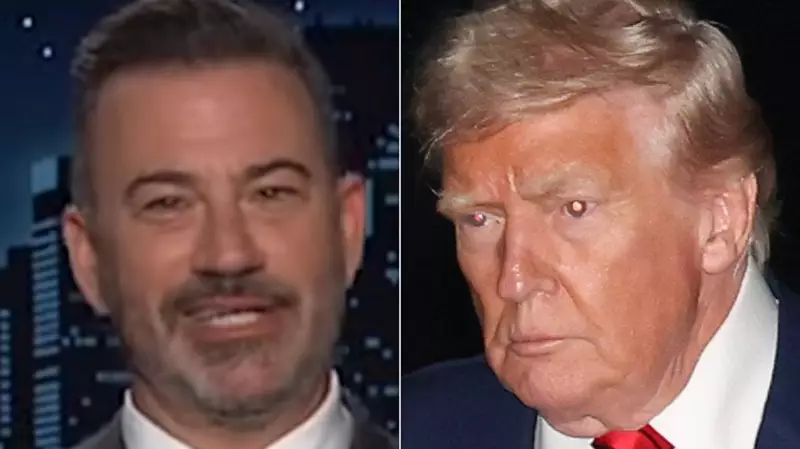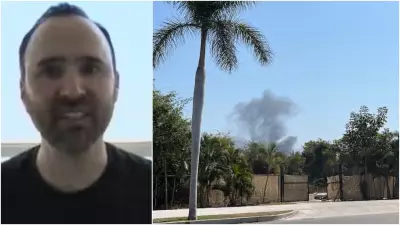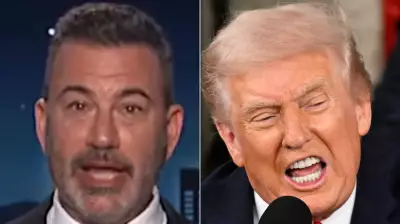
Late-night television host Jimmy Kimmel unleashed a torrent of comedic criticism aimed at former President Donald Trump during his recent show, specifically targeting Trump's ongoing refusal to accept the results of the 2020 presidential election.
In his signature style that blends sharp political commentary with accessible humor, Kimmel dissected what he characterized as Trump's "pathetic" fixation on an election that concluded years ago. The comedian didn't hold back, suggesting the former president's behavior has crossed from political strategy into something genuinely concerning.
The Heart of Kimmel's Critique
Kimmel centered his monologue around what he perceives as the sheer absurdity of Trump's continued election fraud narrative. "This is beyond politics now—it's just sad," Kimmel told his audience, emphasizing that the former president's inability to move on reflects deeper issues.
The ABC host highlighted how Trump's election denial has become a central theme of his public appearances and social media posts, long after all legal challenges have been exhausted and the results certified by states across the political spectrum.
Why This Monologue Resonates
Kimmel's approach stands out because he frames serious political behavior through the lens of comedy, making complex issues more digestible for viewers. His commentary touches on several key points:
- The psychological aspect of Trump's continued denial
- The impact of this narrative on American democracy
- The contrast between Trump's claims and established facts
- The entertainment value of political absurdity
Late-Night Comedy as Political Mirror
Kimmel's segment continues the rich tradition of late-night hosts using humor to comment on current events and political figures. What makes his take particularly effective is how he transforms what could be dry political analysis into engaging entertainment that still carries substantive criticism.
"When comedy can make you laugh while simultaneously making you think about serious issues, it's performing an important cultural function," the monologue seemed to suggest through its careful balance of jokes and commentary.
The segment demonstrates how late-night television has evolved from pure entertainment to a platform that shapes political discourse, with hosts like Kimmel serving as interpreters of the often-baffling world of politics for everyday Americans.






